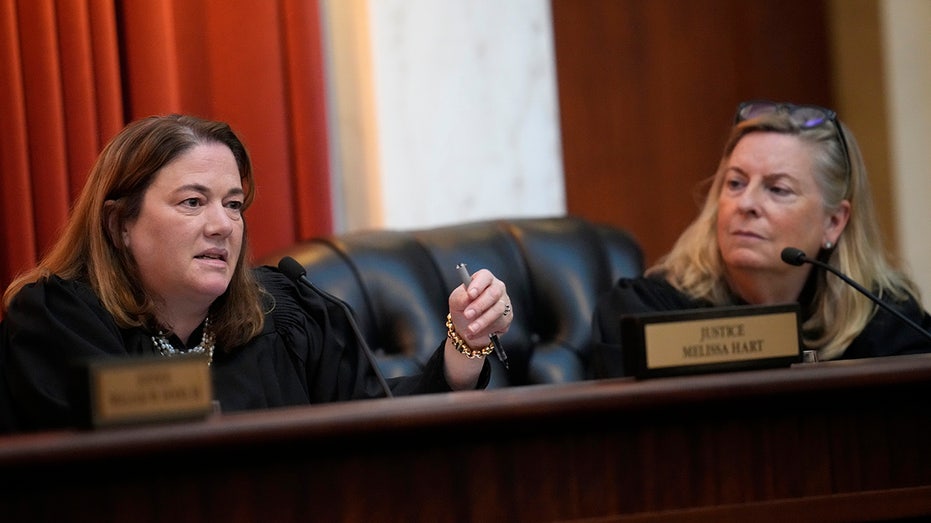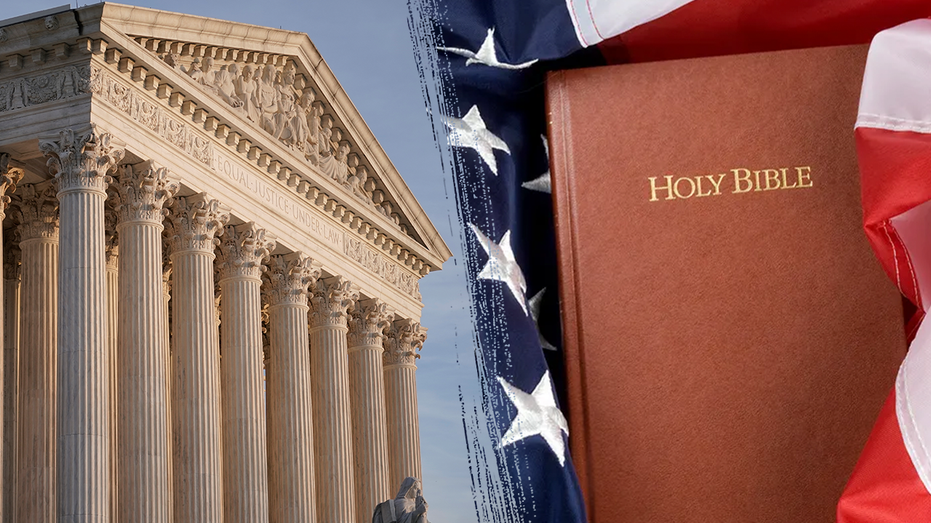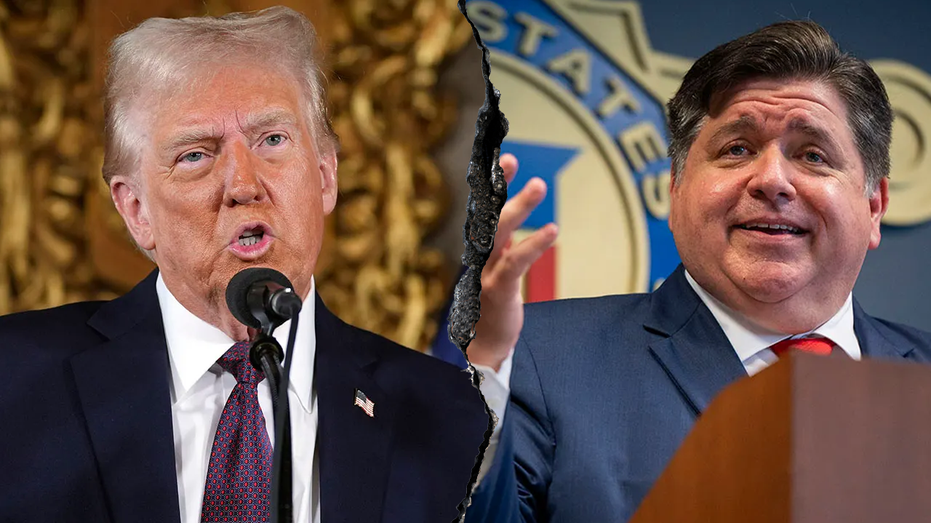The decision to disqualify former President Trump from the 2024 presidential ballot over the Jan. 6 Capitol riot split the Colorado Supreme Court not along party lines, but by law schools.
The four Colorado Supreme Court justices who ruled Trump ineligible for the White House under the U.S. Constitution’s insurrection clause and removed him from the state’s presidential primary ballot all attended Ivy League institutions or otherwise a top-ranked elite law school on the East Coast for law school.
The three dissenting justices, meanwhile, all graduated from the University of Denver’s law school, Jason Willick, a Washington Post columnist, pointed out in a post on X.
The decision from a court whose justices were all appointed by Democratic governors marks the first time in history that Section 3 of the 14th Amendment has been used to disqualify a presidential candidate, setting up a likely showdown in the U.S. Supreme Court to decide whether the front-runner for the GOP nomination can remain in the race.
“A majority of the court holds that Trump is disqualified from holding the office of president under Section 3 of the 14th Amendment,” the court wrote in its 4-3 decision.
COLORADO SUPREME COURT DISQUALIFIES TRUMP FROM 2024 BALLOT
The four who ruled in favor of the plaintiffs were Colorado Supreme Court Justices Richard L. Gabriel, Melissa Hart, Monica Márquez and William W. Hood III.
Gabriel graduated from UPenn, Hart graduated from Harvard, Márquez graduated from Yale and Hood graduated from the University of Virginia for law school.
This comes as the nation’s most prestigious universities have faced widespread criticism for spreading wokeism and failing to condemn rampant antisemitism on American campuses in the wake of Hamas’s Oct. 7 terrorist attack on southern Israel. House Republican Conference Chair Elise Stefanik, who grilled the presidents of Harvard, UPenn and the University of Massachusetts earlier this month on whether calls for intifada or the genocide of Jews violated their institutions’ codes of conduct, also reacted to the Colorado ruling Tuesday.
“Four partisan Democrat operatives on the Colorado Supreme Court think they get to decide for all Coloradans and Americans the next presidential election,” Stefanik, R-N.Y., said.
Those who dissented were Chief Justice Brian D. Boatright and Justices Maria E. Berkenkotter and Carlos Samour. All three went to Denver for law school.
“Our government cannot deprive someone of the right to hold public office without due process of law,” Samour wrote in his dissent. “Even if we are convinced that a candidate committed horrible acts in the past — dare I say, engaged in insurrection — there must be procedural due process before we can declare that individual disqualified from holding public office.”
POLL SHOWS BIDEN HITTING RECORD LOW APPROVALS, FALLING BEHIND AGAINST TRUMP IN 2024 MATCHUP
All seven Colorado justices were appointed by Democrats. Boatright, Hood, Gabriel, Hart and Samour were appointed by Democratic former Gov. John Hickenlooper, while Márquez was appointed by former Democratic Gov. Bill Ritter, and Berkenkotter was appointed by current Democratic Gov. Jared Polis.
Trump lost Colorado by 13 percentage points in 2020 and does not necessarily need the state’s 10 electoral votes to win next year’s presidential election. However, the danger for the former president is that more courts and election officials could follow Colorado’s lead and exclude Trump from must-win states. Dozens of lawsuits have been filed nationally to disqualify Trump under Section 3, which was designed to keep former Confederates from returning to government after the Civil War. It bars from office anyone who swore an oath to “support” the Constitution and then “engaged in insurrection or rebellion” against it, and has been used only a handful of times since the decade after the Civil War.
The Colorado case was brought by the left-leaning group, Citizens for Responsibility, on behalf of six Colorado Republican and unaffiliated voters.
After a weeklong hearing in November, District Judge Sarah B. Wallace found that Trump indeed had “engaged in insurrection” by inciting the Jan. 6 riot at the Capitol, but her ruling said he could not be barred from the ballot because it was unclear that the Section 3 provision was intended to cover the presidency.
Trump’s attorneys had afterward urged Colorado’s highest court to reverse Wallace’s ruling that Trump incited the Jan. 6 riot, arguing the then-president had simply been using his free speech rights and had not called for violence. Trump attorney Scott Gessler also argued the attack was more of a “riot” than an insurrection.
The Colorado Supreme Court overturned Wallace’s ruling Tuesday but stayed its decision until Jan. 4, or until the U.S. Supreme Court rules on the case.
Colorado election officials say the issue must be settled by Jan. 5, the deadline for the state to print its presidential primary ballots.
The Associated Press contributed to this report.
Latest Political News on Fox News Read More




